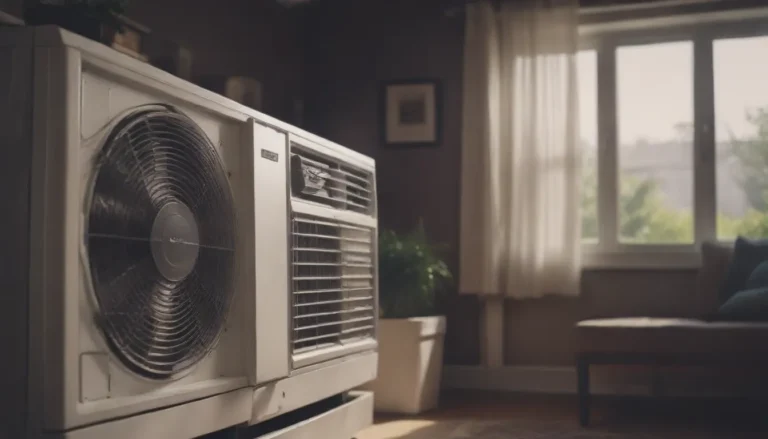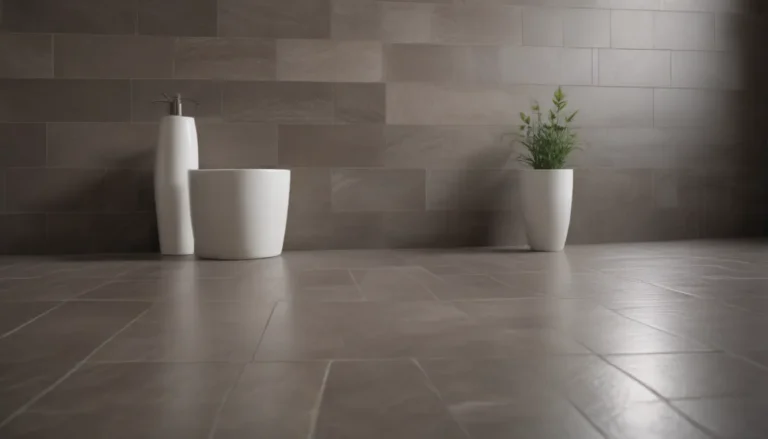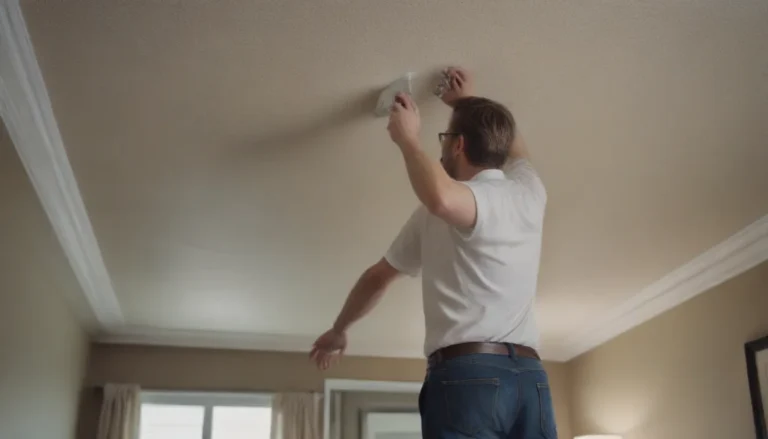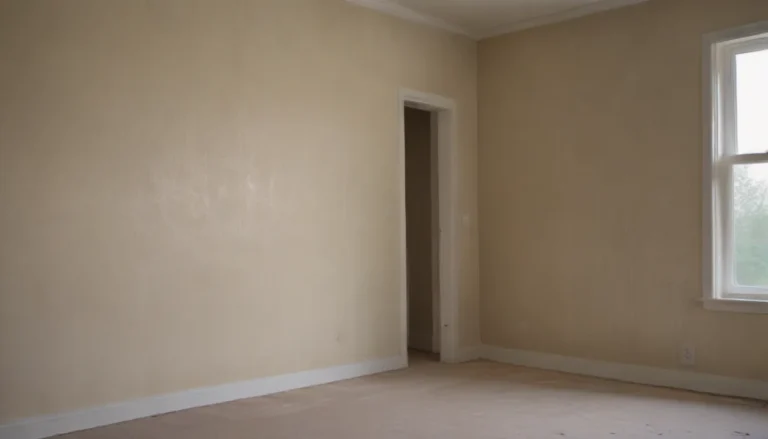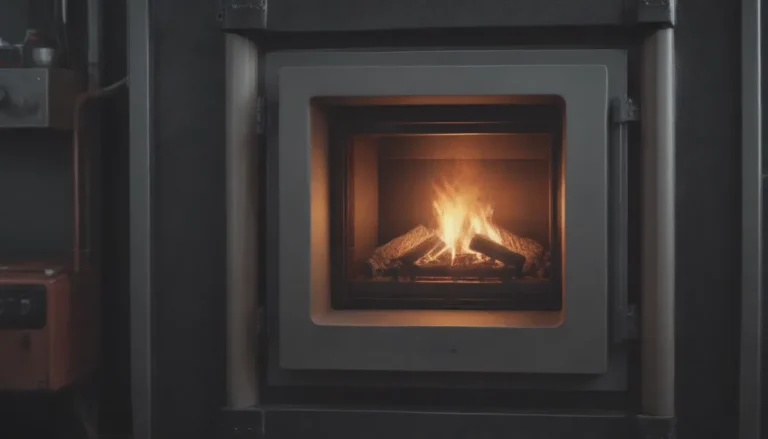Transform Your Basement: The Ultimate Guide to Finishing Your Space
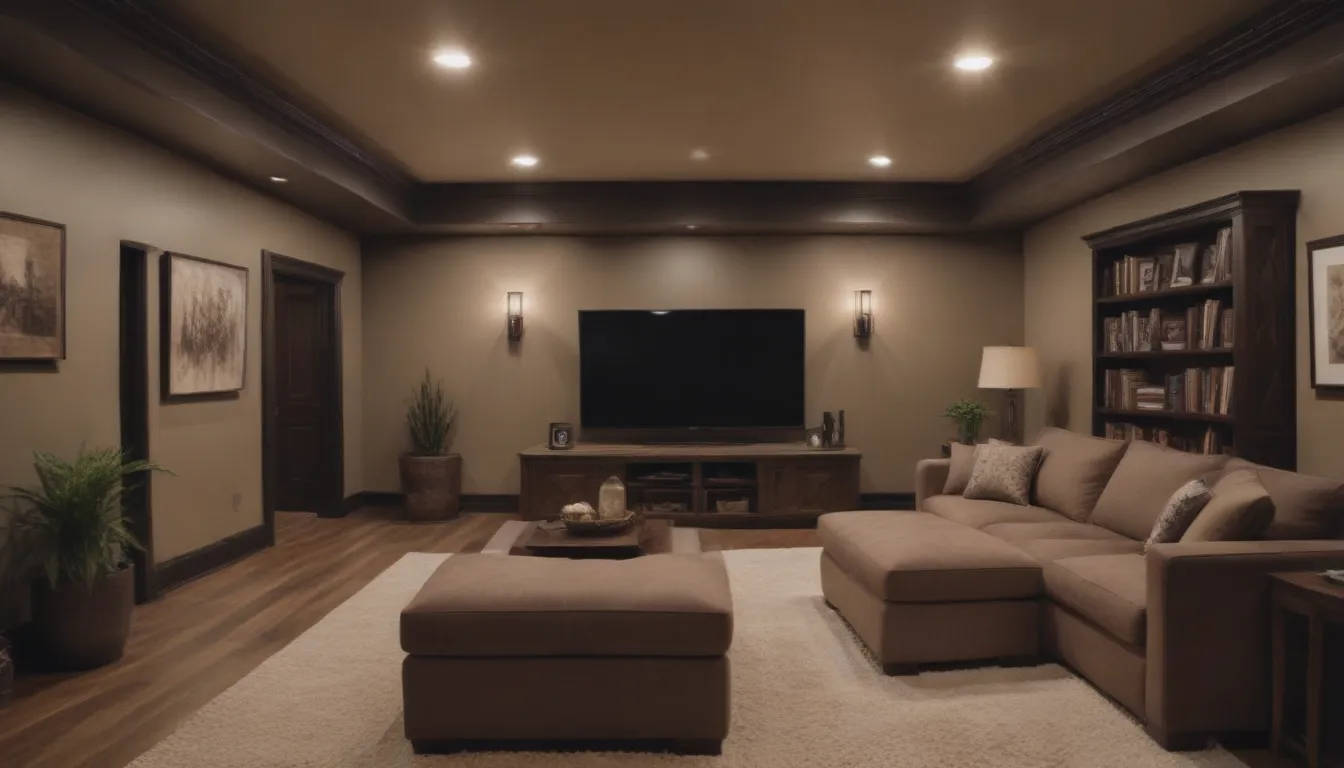
Are you considering turning your basement into a fully habitable, functional space? Maybe you’re looking to add value to your property or create some extra income. Whatever your motivation, finishing a basement can be a great investment. In this comprehensive guide, we’ll explore the costs, benefits, and essential steps to help you transform your basement into a space you’ll love.
Understanding Basement Finishing: What You Need to Know
Basement finishing is the process of converting an unfinished basement into a climate-controlled, well-lit living space. This typically involves adding walls, insulation, flooring, heating and cooling systems, and other amenities to make the space comfortable and livable. Whether you’re looking to create a cozy living area, a guest suite, or a rental space, finishing your basement can open up a world of possibilities.
Average Cost of Finishing a Basement
The cost of finishing a basement can vary widely depending on the size of your space and the amenities you choose to include. On average, finishing a basement in a 2,300-square-foot home can range from $34,500 to $52,900. Refinishing a smaller basement of 1,500 square feet may cost between $22,500 and $34,500. Keep in mind that these costs can fluctuate based on factors like location, materials used, and whether you hire professionals for the job.
Benefits of Finishing Your Basement
- More Space: Finishing your basement adds extra square footage to your home, giving you more room for living, working, or entertaining.
- High Return Value: A finished basement can increase the overall value of your property, making it a smart investment for the future.
- Income Potential: Renting out a finished basement can provide a steady source of income.
- Lower Cost: Compared to other home improvement projects, finishing a basement is often more cost-effective and offers a high return on investment.
Essential Steps for Finishing Your Basement
When it comes to finishing your basement, there are several key tasks and considerations to keep in mind. From creating a functional layout to choosing the right materials, here’s what you need to know to get started.
1. Planning Your Layout
Before diving into the renovation process, take some time to plan out how you want to use your finished basement. Consider whether you want to include a kitchen, bathroom, living area, bedroom, or other amenities. Creating a detailed layout can help you make the most of your space and ensure that everything fits together seamlessly.
2. Cost Breakdown by Room
- Kitchen: The cost of a basement kitchen can range from $100 to $300 per square foot. A small kitchenette may cost around $5,000, while a full-service kitchen could run up to $30,000.
- Bathroom: Installing a basement bathroom typically costs between $8,000 and $15,000. Adding a bathtub or shower can transform your space into a fully functional living area.
3. Obtaining Permits and Meeting Legal Requirements
Before starting any construction work, be sure to obtain the necessary permits for finishing your basement. Permit costs can range up to $2,000, depending on your location and the scope of your project. Working with a contractor can help streamline the permitting process and ensure that your renovation meets all legal requirements.
4. Addressing Preliminary Costs
- Basement Waterproofing: Waterproofing a basement costs an average of $5,000 and is essential for preventing moisture issues.
- Yard Regrading: Regrading your yard can cost between $900 and $4,350 and is crucial for ensuring proper drainage away from your foundation.
- Mold Remediation: Dealing with mold in your basement can cost around $2,360 and is important for creating a healthy living environment.
5. Finishing Touches: Walls, Flooring, Heating/Cooling, and More
- Building Walls: The cost to build interior walls in a basement is around $200 per 8-foot section, not including insulation. Consider adding false walls to hide unsightly pipes and wiring.
- Adding Insulation: Insulating your basement walls can cost around $200 per 8-foot section and is essential for temperature control and energy efficiency.
- Installing Flooring: Choose a durable, moisture-resistant flooring material for your basement, such as vinyl or tile, to ensure longevity and easy maintenance.
- Heating and Cooling: Adding heating and cooling systems to your basement can cost anywhere from $100 for a space heater to several thousand for a central HVAC system.
6. DIY vs. Professional Basement Finishing
Deciding whether to tackle your basement renovation yourself or hire professionals is an important consideration. While a DIY approach can save money, hiring experienced contractors can ensure a high-quality finish and streamline the renovation process. Consider your budget, timeline, and level of expertise when making this decision.
Conclusion: Is Finishing Your Basement Worth It?
Finishing your basement can add value to your home, create extra living space, and provide an additional source of income. While the costs of finishing a basement can vary, the benefits often outweigh the initial investment. By carefully planning your renovation, addressing any potential issues upfront, and choosing the right materials, you can transform your basement into a functional, welcoming space for years to come. Whether you’re looking to create a cozy retreat, a rental unit, or a home office, finishing your basement is a worthwhile investment in your property and your quality of life.
